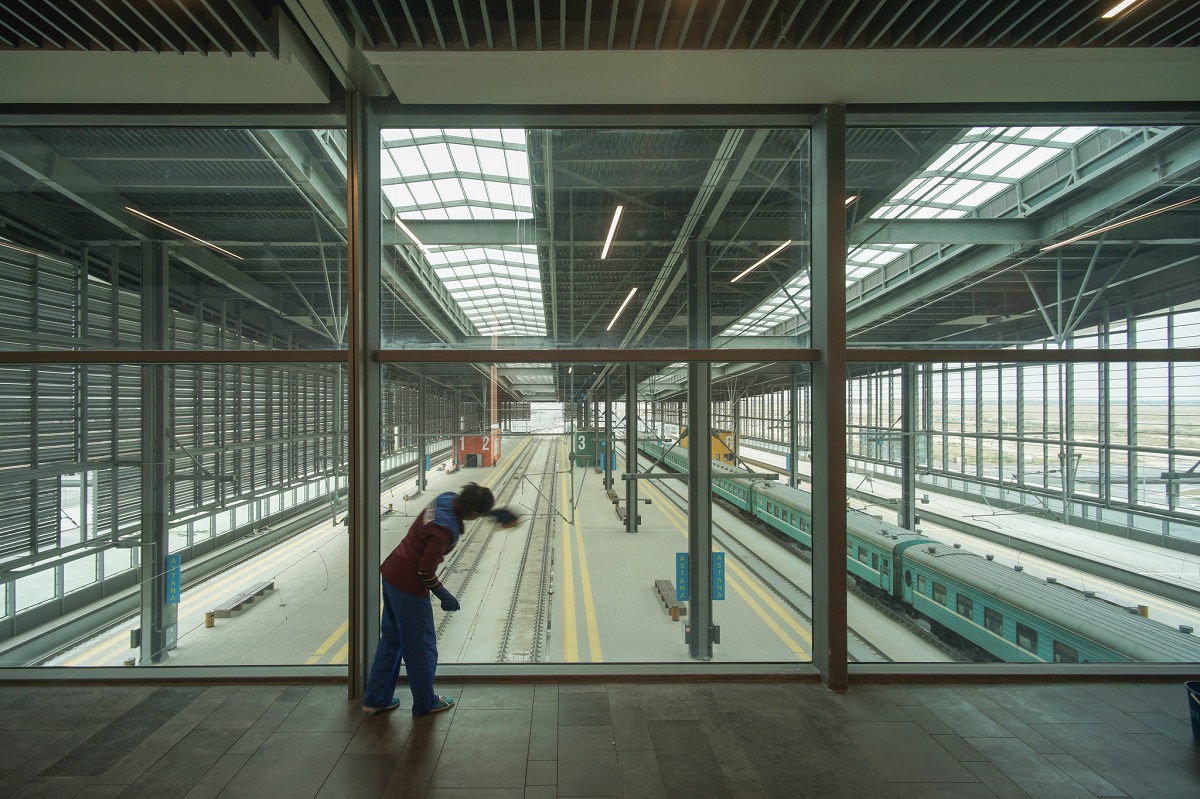Open doors between China and Central Asia
Astana has extended the period of visa-free stay for Chinese citizens, Bishkek is preparing to do the same. On May 18 and 19, Xi Jinping will meet in Xi'an with the presidents of the former Soviet republics. Beijing points to the revitalization of the Belt and Road Initiative, which is in danger of stalling. But local activists protest repression in neighboring Xinjang, with which there are deep ties.
Astana (AsiaNews) - Initiatives to encourage the flow of people, for commercial, tourist and cultural purposes, between China and Central Asia have been multiplying in recent weeks. Kazakhstan has extended the period of visa-free travel for Chinese citizens, who can now stay for 30 days, and Kyrgyzstan is gearing up to follow Astana's example. Many wonder what consequences this turn of events may have for the future of the entire region.
China is trying to open up its economy and diplomacy to the world, after three years of major restrictions due to Covid-19, and the Central Asian region appears to be one of the favoured areas of Beijing's new policy.
Trade with the five former Soviet states is recovering to pre-pandemic levels, and on 18-19 May in Xi'an Xi Jinping himself will personally welcome their presidents. On that occasion, the visa-free entry regime will be approved on a much broader level.
Beijing and Astana are finalising an articulated agreement to this effect even before the summit, exceeding the 14-day limit for Chinese tourists, a condition that also exists in Uzbekistan.
Kyrgyzstan's Foreign Minister Žeenbek Kulubaev informed the Žogorku Keneš, the parliament of Biškek, that he had in turn broached the subject in a meeting with his Chinese counterpart Qin Gang, 'and now we want to finalise this commitment'.
China needs to inject new life into the 'One Belt, One Road' project, the Silk Road in which it has invested many billions of dollars, which is in danger of running aground. As a result, it also needs to normalise the situation in Xinjiang, the geographical and ethnic border region with Kazakhstan, Kyrgyzstan and Tajikistan. Symbolic signs, even before economic investments, point to a resumption of progress at all levels.
As Raffaello Pantucci, a research associate at Singapore's 'S. Radjaratnama' School of International Research, puts it in a commentary on Ozodlik, 'China's image and its trade relations have suffered greatly in recent years, when the borders were closed, and now it feels the need to open its doors wide'. In addition to the pandemic, the strong repression of the Uyghurs and other Muslim minorities, such as the Kazakhs and Kyrgyz, has greatly complicated the dialogue with these countries, even to the point of accusations of 'genocide' echoed in several parliaments.
Many Central Asian activists have reiterated their protests against the Beijing government, also and above all on the strength of their many family ties with the persecuted in Xinjiang, some of whom have managed to escape and recount the violence they suffered. Hoping for benefits from the resumption of trade, the government of Kazakhstan tries to silence these anti-Chinese demonstrations as much as possible.
"A lot depends on the ductility of Kazakhstan's business, on its ability to guarantee the necessary flows not only for its domestic needs, but for all Central Asian, Eurasian and Chinese markets, multiplying the possibilities for growth and investment," notes Adyl Kaukenov, an expert at the Kazakh Institute for Strategic Research in Astana.
According to official statistics, 40% of Kazakh-Chinese trade is developed in Xinjiang. If at the end of 2020 China was investing around USD 40 billion in Central Asia, by the end of 2022 this sum had increased to over USD 70 billion.
Kazakhstan serves as the main communications and transport hub between China and Europe, and is now increasingly trying to fill the void left by Russia's exclusion from trade routes, which was previously the main directive, due to sanctions. Together with other countries such as Azerbaijan, Georgia and Turkey, it seeks to make the 'Middle Corridor', by which the Transcaspian route, the current hinge between Europe and Asia, is called.
12/02/2016 15:14







.png)










